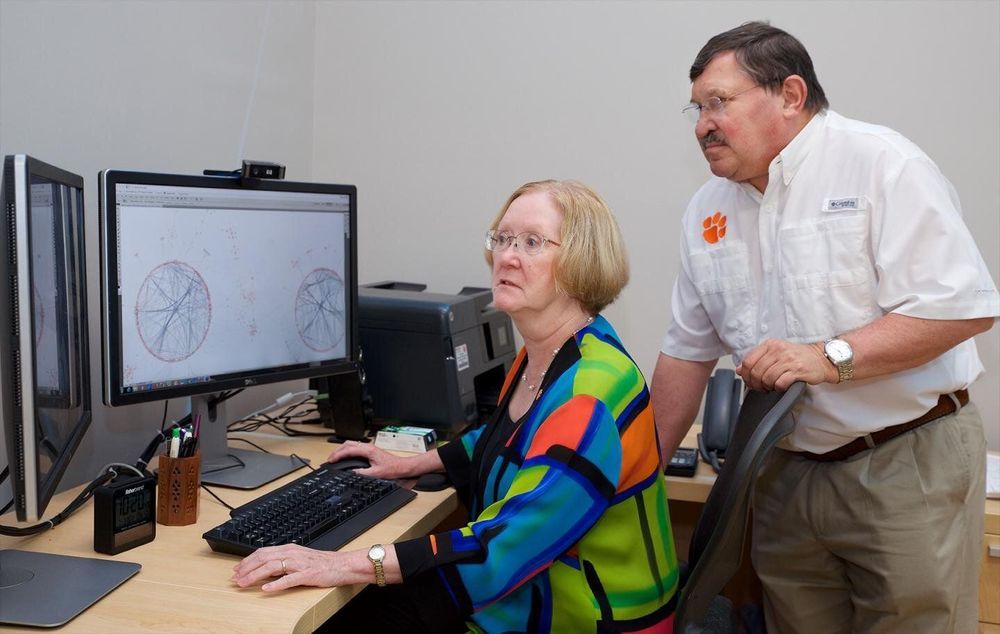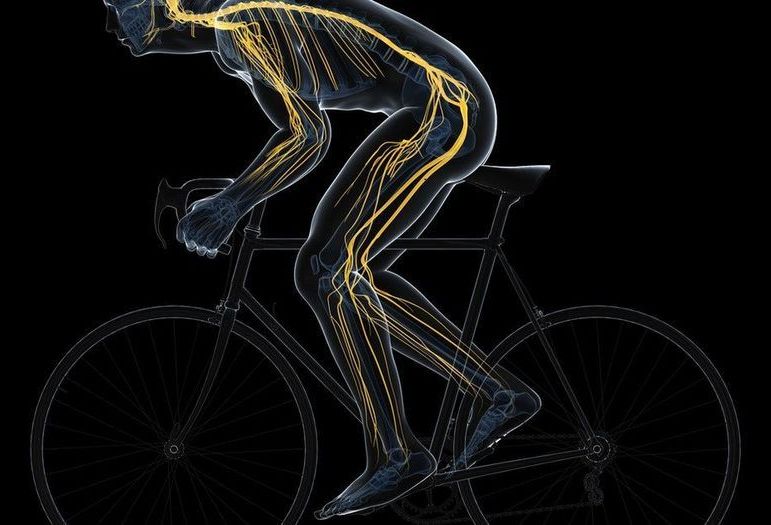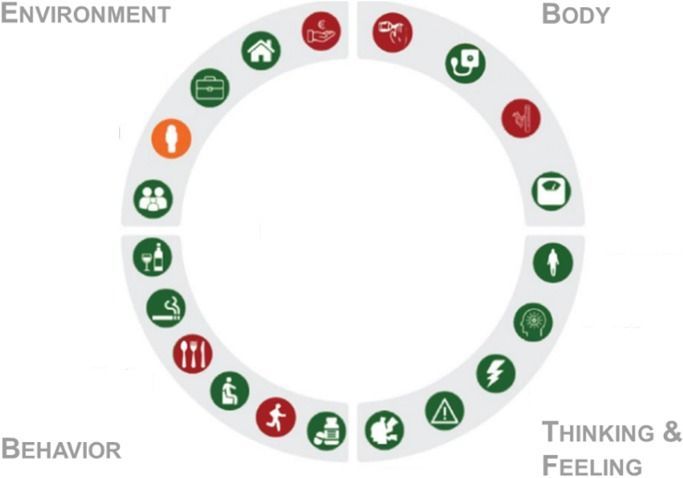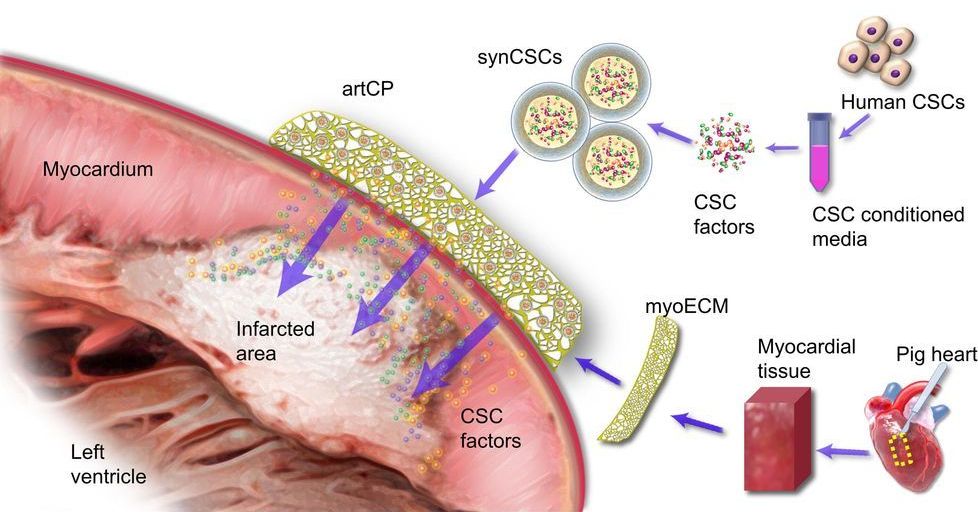Apr 16, 2020
Can We Opt Out of Aging? | Greg Fahy | TEDxResedaBlvd
Posted by John Davies in categories: biotech/medical, genetics, life extension
NOTE FROM TED: Please do not look to this talk for medical advice. This talk only represents the speaker’s personal views and understanding of aging which remains an emerging field of study. We’ve flagged this talk because it falls outside the content guidelines TED gives TEDx organizers. TEDx events are independently organized by volunteers. The guidelines we give TEDx organizers are described in more detail here: http://storage.ted.com/tedx/manuals/tedx_content_guidelines.pdf
Could we reverse epigenetic aging by re-growing the thymus? In the future, will it be possible to extend our lives or increase our longevity? Dr. Greg Fahy is a low-temperature biologist and investigator of aging intervention in humans. His first clinical trial, intended to reverse immune system aging, provided evidence that aging could be reversed in humans. Dr. Greg Fahy is a low-temperature biologist and investigator of aging intervention in humans. His first clinical trial, intended to reverse immune system aging, provided the first evidence that global aging can be reversed in humans. This talk was given at a TEDx event using the TED conference format but independently organized by a local community.

















